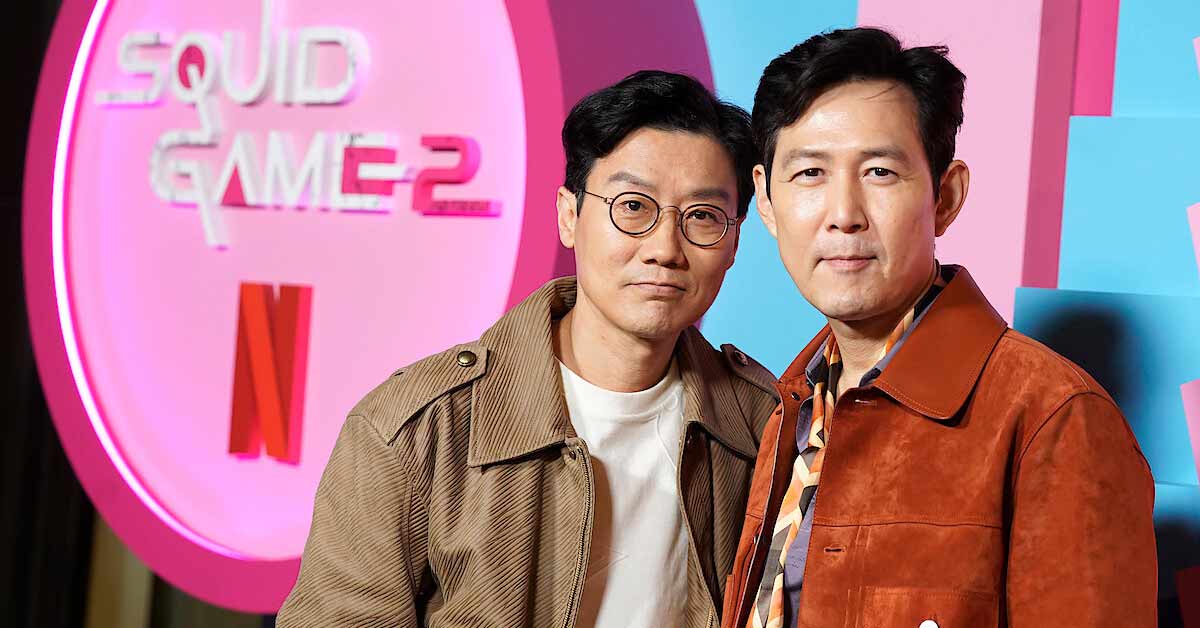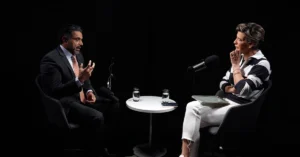The massive success of Netflix’s Squid Game, which has amassed a $900 million empire and become the platform’s most-watched series, belies the years of struggle and hardship endured by its creator, Hwang Dong-hyuk. For over a decade, Hwang faced rejection and financial difficulties, at one point being forced to sell his laptop for $675 just to get by. Despite these sacrifices, Hwang persevered, and his vision ultimately paid off in a big way.
Hwang Dong-hyuk’s script for Squid Game has its roots in 2009, when he first conceived the idea. However, his journey to bring the story to life was far from smooth. For a decade, he faced rejection after rejection from studios, investors, and actors, who repeatedly turned him down. A recent tweet from The Numbers Game highlighted Hwang’s perseverance, revealing the remarkable story behind the creation of one of television’s most iconic series.
Hwang Dong-hyuk’s creative spark for Squid Game was ignited by Japanese comics and animations, with Battle Royale and Liar Game being notable influences. During his financially strained days, he would often seek refuge in cafes, where he would become engrossed in these stories, imagining himself navigating the high-stakes, survivalist worlds they depicted.
Hwang Dong-hyuk’s upbringing in the working-class Ssangmun-dong district of Seoul exposed him to the harsh realities of inequality in South Korean society. He saw friends and neighbors struggle with debt and desperation, experiences that would later shape the narrative of Squid Game. The series’ characters, such as Seong Gi-hun, who reflects Hwang’s own personal struggles, and Cho Sang-woo, who embodies the intense societal pressure Hwang felt during his time at Seoul National University, are testaments to the lasting impact of his formative experiences.
When Hwang Dong-hyuk first attempted to pitch Squid Game, he was met with resistance from studios, who found the script to be too graphic and complicated. Despite its thought-provoking and relatable themes, the project struggled to gain traction.
Hwang’s challenges didn’t stop there. Investors expressed doubts about the project’s commercial potential, making it tough to secure funding and attract talent. As a result, Hwang was forced to put Squid Game on the backburner, a decision he made after dedicating a year to the project.
Hwang Dong-hyuk had a clear vision for Squid Game, aiming to create a thought-provoking allegory that shines a light on the darker aspects of modern capitalist society. At its core, the series explores the themes of extreme competition and the human cost of survival.
According to Hwang, “I wanted the story to reflect the struggles of real-life characters we’ve all met.” To achieve this, he employed a unique narrative approach, using a survival game format with simple, childhood-inspired challenges. This allowed viewers to focus on the emotional drama and character development, rather than getting caught up in complicated rules or gameplay mechanics.
Squid Game made its debut on Netflix on September 17, 2021, and its impact was swift and profound. Within a mere four weeks, the series had become a global phenomenon, racking up an astonishing 1.65 billion viewing hours and claiming the top spot in 94 countries. This remarkable success translated to a staggering $900 million in value, a return on investment that dwarfed the initial outlay of $21.4 million.
Squid Game’s impact extended far beyond its impressive commercial achievements, as it evolved into a cultural phenomenon that ignited important conversations about pressing social issues. The series sparked discussions about inequality, the pitfalls of capitalism, and the human cost of survival in a ruthless world. Through his unwavering dedication and creative vision, Hwang Dong-hyuk transformed a project that had languished for over a decade into a story that resonated deeply with audiences worldwide, ultimately touching the lives of millions.






